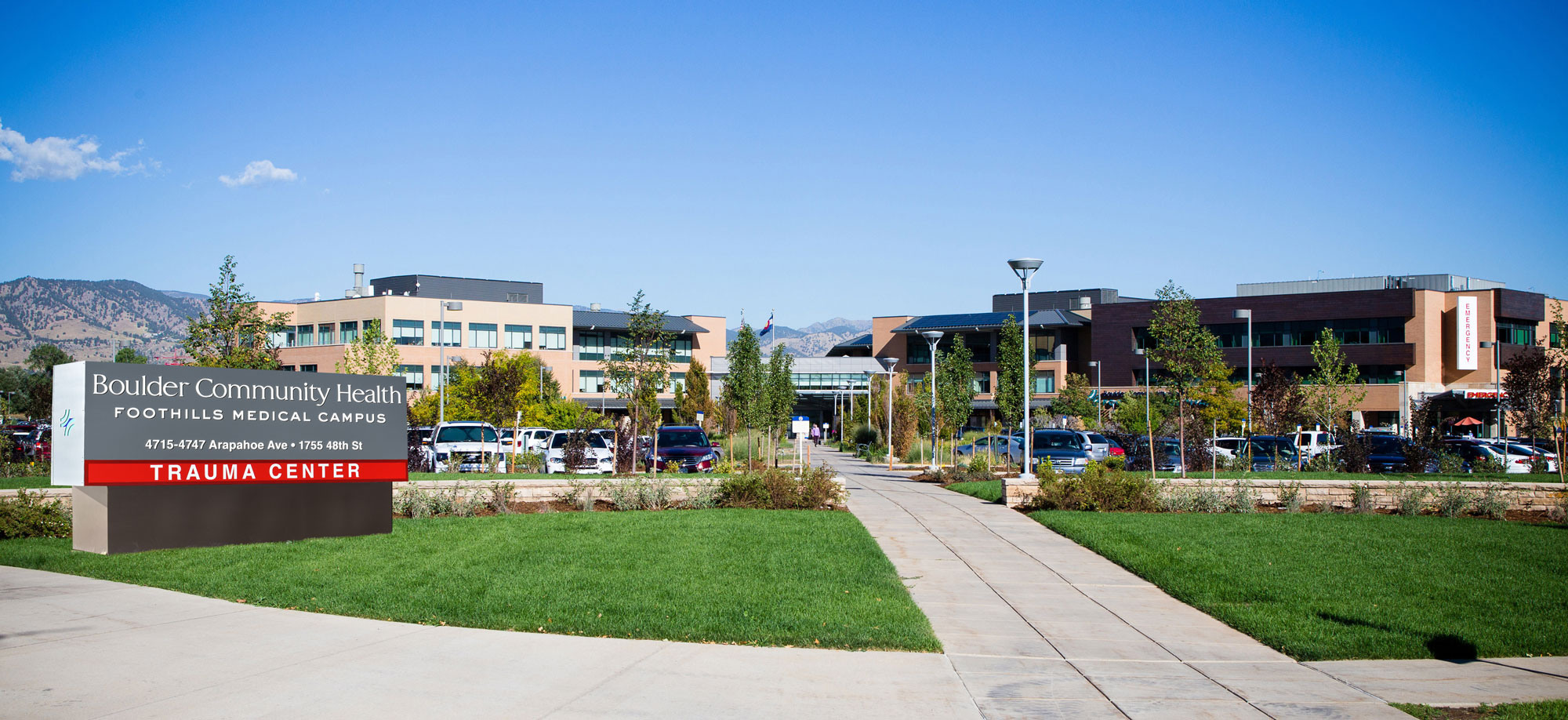Boulder Community Health believed that its structured care manager program was doing a good job of reducing the number of patients who frequently use the emergency room (three or more times a year). Then the quality improvement team decided to measure the results—and discovered a nearly 74% reduction in frequent ER use over the 18 months since the focused work began.
“Anecdotally it seemed like the ER lists were getting smaller and we were generally doing better,” says Diane Land, quality improvement and population health manager for the 11 facilities in the Boulder, Colorado region. “Then I did the count at each clinic, did the graph, did the stats. That 74% drop was really validating to the care managers. They saw that the work they’re doing is making a real difference.”
Quality improvement activation across the practice group dates back to early medical home designation and participation by some practices in the Colorado State Innovation Model some four years ago. More recently, some Boulder Community Health practices enrolled in the Comprehensive Primary Care Plus model.
“We do quality improvement system wide, so we treat the practices the same whether they’re in SIM or CPC+,” Land says. “I appreciate how HealthTeamWorks has done a really good job reducing duplication and aligning those projects. It’s an organization that knows what’s going on with national and local initiatives and can work with us to streamline them.”
HealthTeamWorks came alongside Boulder Community Health to support the work in those programs with practice transformation coaching and health IT assistance, as well as facilitating group calls and learning collaboratives in the region.
A second quality improvement project aimed at encouraging use of generic drugs also produced impressive results. In collaboration with an Anthem care consultant, the practice identified solid, non-controversial generic therapeutic alternatives to five high-cost prescriptions and asked Boulder Community Health physicians to consider them when prescribing. The goal was to reduce use of the brand-name drugs by 2%.
After finding that many of the current prescriptions for the brand-name versions were prescribed by specialists outside the practice, Boulder Community Health initiated a communication campaign to patients, identifying the therapeutic alternatives and encouraging them to discuss the change with their provider.
Nine months later, they tracked a 12% reduction in use of the brand-name drugs. “We saved patients about $700 a prescription,” Land says. “In the long run, this helps with patient compliance, saves patients money and helps us with our value-based contracts.”
This type of quality improvement project is applicable to other health plans and formularies, Land says. “We’re now using the same structure with a different payer. We give the providers a paper list of medications and therapeutic alternatives (because the formulary isn’t integrated into Boulder Community Health’s EHR) and then we contact the patient. We’re keeping it small scale so we can manage it and track it, but it seems like it’s scalable.”
Because Land manages the quality improvement function across all 11 practices in Boulder Community Health, having a HealthTeamWorks coach as a sounding board and partner in the work is a real benefit. “HealthTeamWorks has also provided a lot of training around integrating behavioral health, medication assisted therapy and some of the other training we’ve benefited from because we had that relationship to start with,” she says, “It gives me someone to share best practices and strategize with, plus accountability and making sure we’re tracking and documenting what we’re doing. It’s valuable to take data like the ER utilization to the vice president and be able to show your value as a department and to justify the allocation of resources in areas where we’re really making an impact.”









